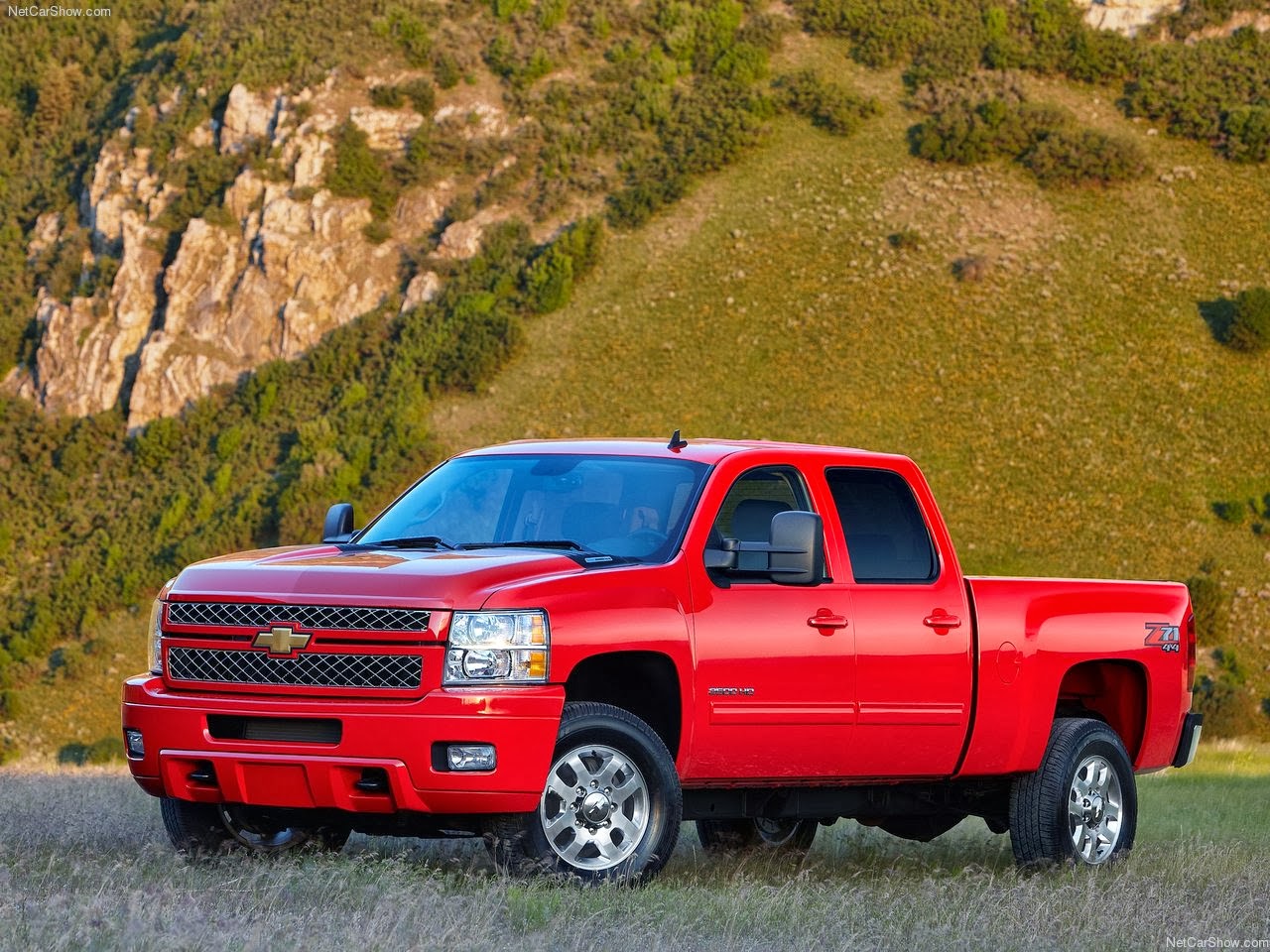Not only is the
pickup the company’s best-selling vehicle in the U.S., it has been a catalyst
in GM’s slingshot comeback from bankruptcy nearly four years ago.
GM plans to start
selling the 2014 Chevy Silverado and its sister, the 2014 GMC Sierra, within
weeks. Production began last week at its plant in Silao, Mexico, with
additional plants coming online in Ft. Wayne, Ind., and Flint.
“It’s an absolute
cornerstone foundation for this brand,” said Maria Rohrer, Chevrolet trucks
marketing manager, at a Silverado preview in central Texas.
The economic signs
are positive. The housing market is gaining momentum. The average age of all
pickups is 11 years.
So far this year,
U.S. pickup sales are up 20%, quadrupling the overall industry’s 5% increase.
“It’s a very good
time for us to launch,” Rohrer said. “A lot of people are in the market ready
to trade in their very old trucks.”
Barclays analyst
Brian Johnson said in a research note that he expects GM to meet its target of
selling more full-size pickups than Ford, the current industry leader.
The Silverado won’t
have the spotlight to itself for long. In 2014, Ford is expected to roll out a
redesigned version of its F-Series pickups, the most popular vehicle line in
the U.S.
GM’s full-size
pickup market share fell from 29% in 2008 to 25% last year. Bringing customers
back won’t be easy in a segment where customer loyalty is higher than among
passenger cars.
It's all about Texas
To give the trucks a
strong boost out of the gate, GM is devoting 50% of initial production to
dealers in Texas, which buys 15% to 20% of GM pickups, said Lloyd Biermann,
Chevrolet marketing manager.
Texas pickup sales
are especially lucrative. For example, about 40% of Texas Silverado buyers
choose the Texas Edition of the Silverado, an option that comes with a $2,000
premium. It includes a Texas Edition badge on the Silverado, chrome accents and
20-inch wheels.
During a
ride-and-drive at the sprawling Knibbe Ranch in Texas hill country, GM showed
off the Silverado’s towing strength, off-road agility, upgraded interior and
engineering dynamics.
The Silverado’s
active fuel management technology — also featured in the Corvette Stingray —
allows the vehicle to flow seamlessly from 8-cylinder mode to 4-cylinder mode
in congested traffic then back to 8-cylinders. The flexibility saves gasoline.
On a rugged off-road
environment, Silverado Z71 owners can activate an automated option allowing the
truck to cruise down embankments at a controlled speed.
Jeff Luke, executive
chief engineer for the Silverado, rejected suggestions that GM played it safe
with the new design, choosing not to deviate too much from the previous
generation, which was last redesigned in 2006.
Rather, the major
changes are inside. The cabin is significantly quieter.
“When you see the
two of these together (2013 and 2014), it really hits you how much change there
is,” he said.
Other revisions will
come after Silverado’s launch. GM North America President Mark Reuss has
dropped hints of a refreshed powertrain option.
In contrast to Ford,
which has touted its smaller, but more efficient V6 EcoBoost as the choice of
more than 40% of its F-150 buyers, GM is sticking with the tried and true V8.
Chevy expects
three-quarters of Silverado buyers to choose the 5.3-liter, 8-cylinder engine.
But they claim that engine will get up to 23 m.p.g. on the highway, slightly
better than Ford’s F-150 EcoBoost V6.
A 4.3-liter V6 will
be available later this summer, while a muscular 6.2-liter V8 will hit
showrooms in the fourth quarter.
The crew-cab version
starts at $32,710, compared with $24,585 for the regular cab.
Although the new
Silverado’s base price is the same as the 2013 model, Rohrer is hoping to boost
its average transaction price — and profits — by nudging more buyers into crew
cabs. On the 2013 model crew cabs were about 50% of sales, below the industry
average of 60% to 65%.
Article Credit: www.freep.com

No comments:
Post a Comment